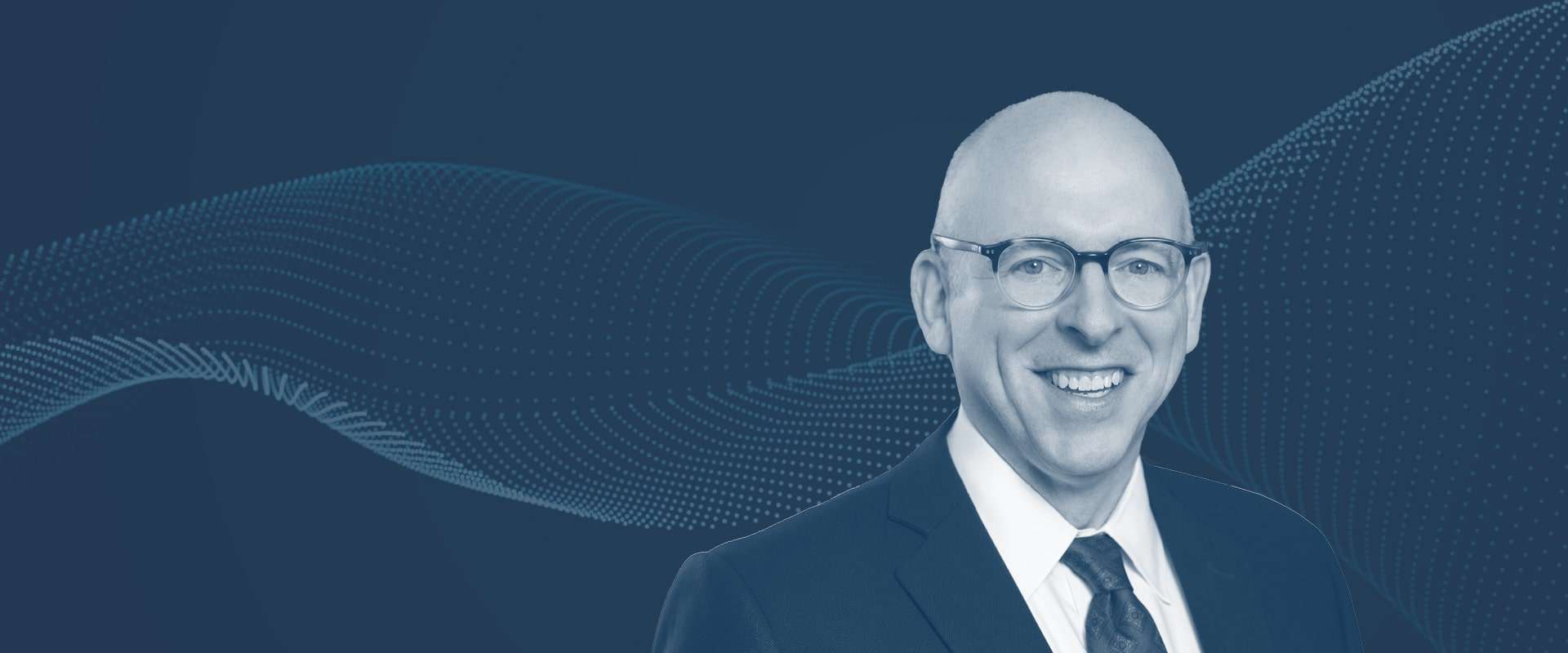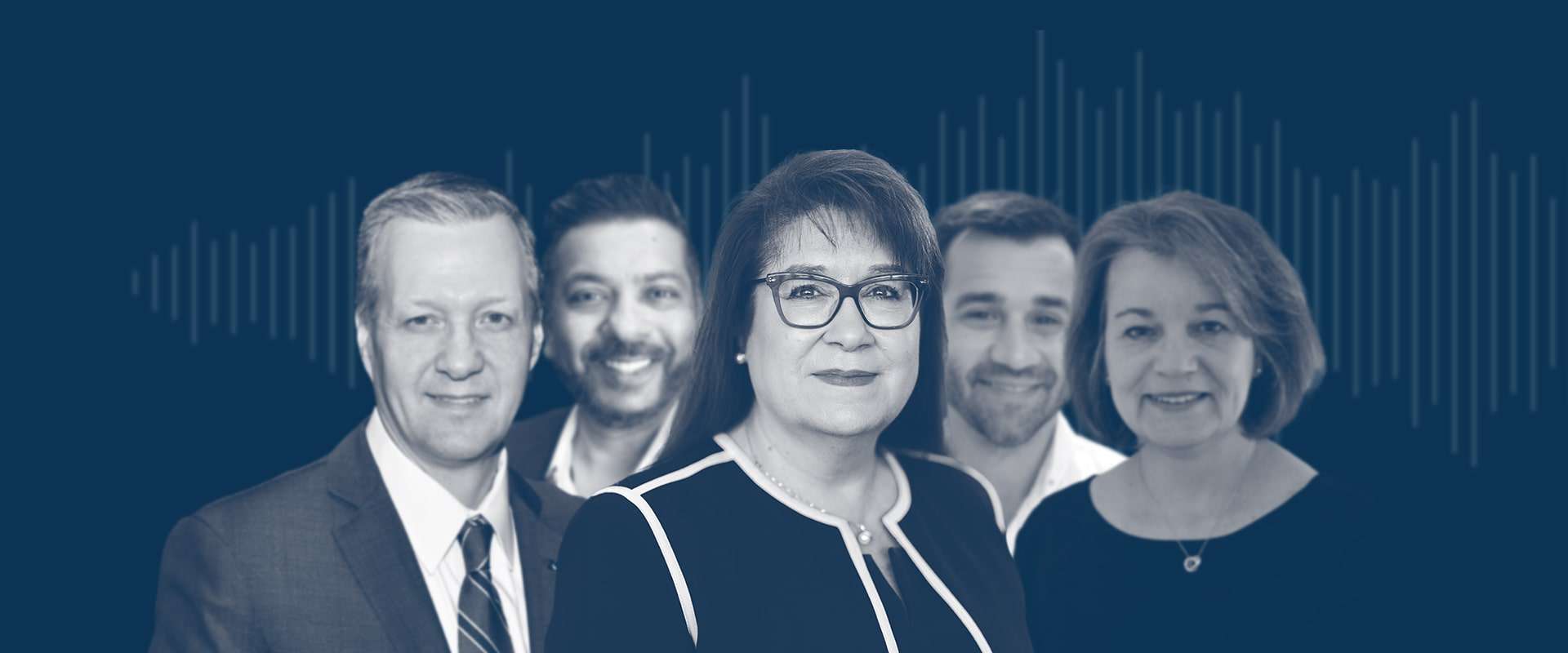By Angela Shoup
May is Better Hearing Month…what better time to treat yourself to the rich sound tapestry in our world.
From hearing someone say “I love you,” to enjoying the spring chorus of song birds, the sense of hearing helps us to connect with others and to our world.
Hearing loss(1) is the third most common health problem in the United States. And hearing difficulties occur across the life span. Some infants(2) are born with reduced hearing ability, young people(3) may develop hearing difficulty due to multiple factors, including disease or exposure to loud sounds, and older adults(4) may experience a decrease in hearing sensitivity with age.
Untreated hearing loss is associated with decreased quality of life. As hearing difficulty makes it more challenging to communicate, people become less involved in social activities, which may lead to isolation and an increased risk of depression(5). Untreated hearing loss can also cause fatigue. Struggling to hear and understand(6) is exhausting and depletes energy that could be used for processing information or other activities. By making hearing less effortful, appropriately fit amplification devices can reduce the energy needed to hear and understand speech—thus, freeing more energy for enjoying life and engaging with family and friends.
There are many options for treating hearing loss(7), and the best individual option will depend on the type and degree of hearing loss. An audiologist not only completes testing to characterize your hearing abilities, but uses that information along with an assessment of your communication, listening, and lifestyle needs to provide a custom program to improve communication(8). Appropriate device selection is part of this process.
Current hearing devices have many advanced features and options. Your audiologist can help select those that are most appropriate for you, and can also ensure the features and options are adjusted correctly for your specific needs. Some hearing devices will link directly to your cell phone(9) to improve your ability to stay in touch with family and friends and to enhance your listening experiences.
Although important, hearing instruments are just part of the solution. To have your hearing evaluated and discuss the best plan to address hearing and communication difficulties you may be experiencing, see an audiologist(10) to reconnect and start enjoying the rich sound tapestry of our world again.
Get Your Hearing and Balance Checked…Find an Audiologist Near You!(2)
References
- Hearing loss
- Infants
- Young people
- Age Related Hearing Loss
- Depression
- Listening Effort and Fatigue
- Types of Hearing Devices
- Custom program to improve communication
- Telephone and Listening Devices
- What is an Audiologist?
Angela Shoup, PhD, is the Executive Director of the Callier Center for Communication Disorders and a professor in the Department of Speech, Language and Hearing, School of Behavioral and Brain Sciences at the University of Texas at Dallas. She is the President of the Academy’s Board of Directors.
Related Posts
Volunteer Appreciation Week
Completing the Picture Our volunteers are essential—they are key in supporting the Academy and helping to provide vital services to you, our members. We…
How Is the Academy Working for You?
The Academy represents audiologists in all specialties and practice settings and works toward elevating the profession and assisting you, Academy members, to provide optimal hearing…
2024 Academy Honors and Awards Recipients
Every year, the Academy asks colleagues, friends, and mentees to look around their professional circles and identify members who are deserving of recognition for outstanding…


